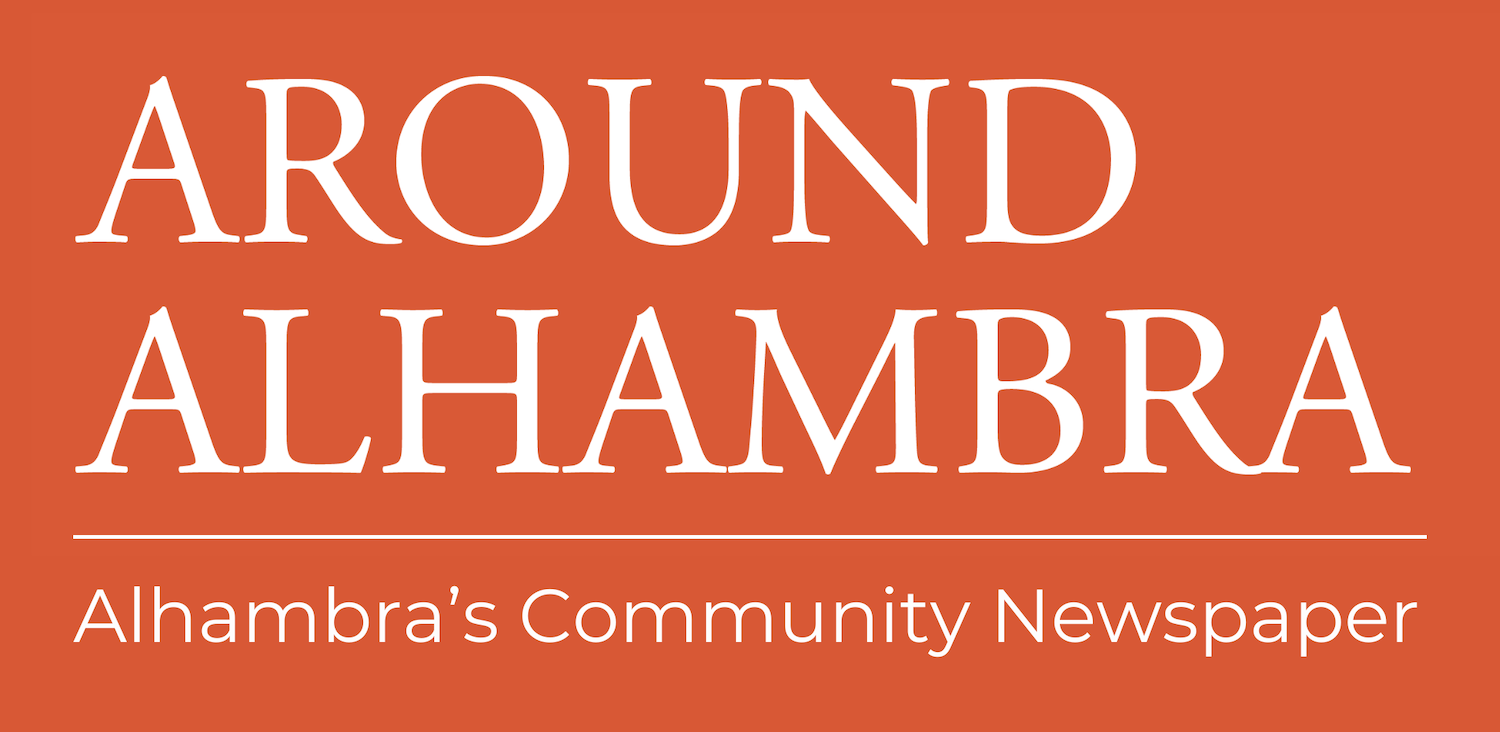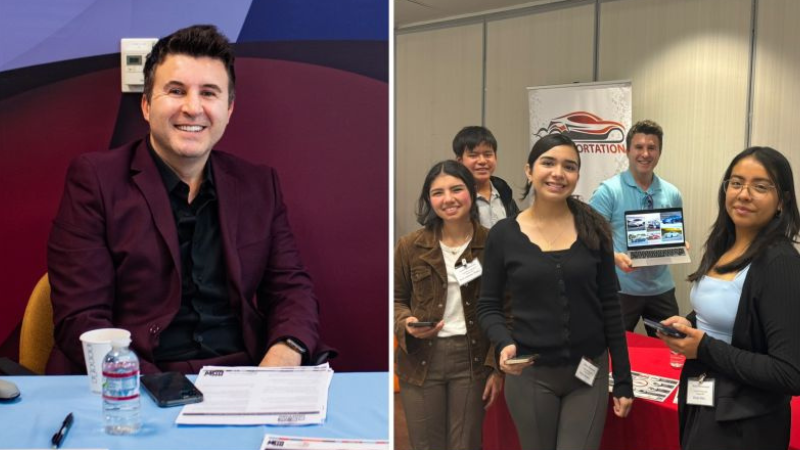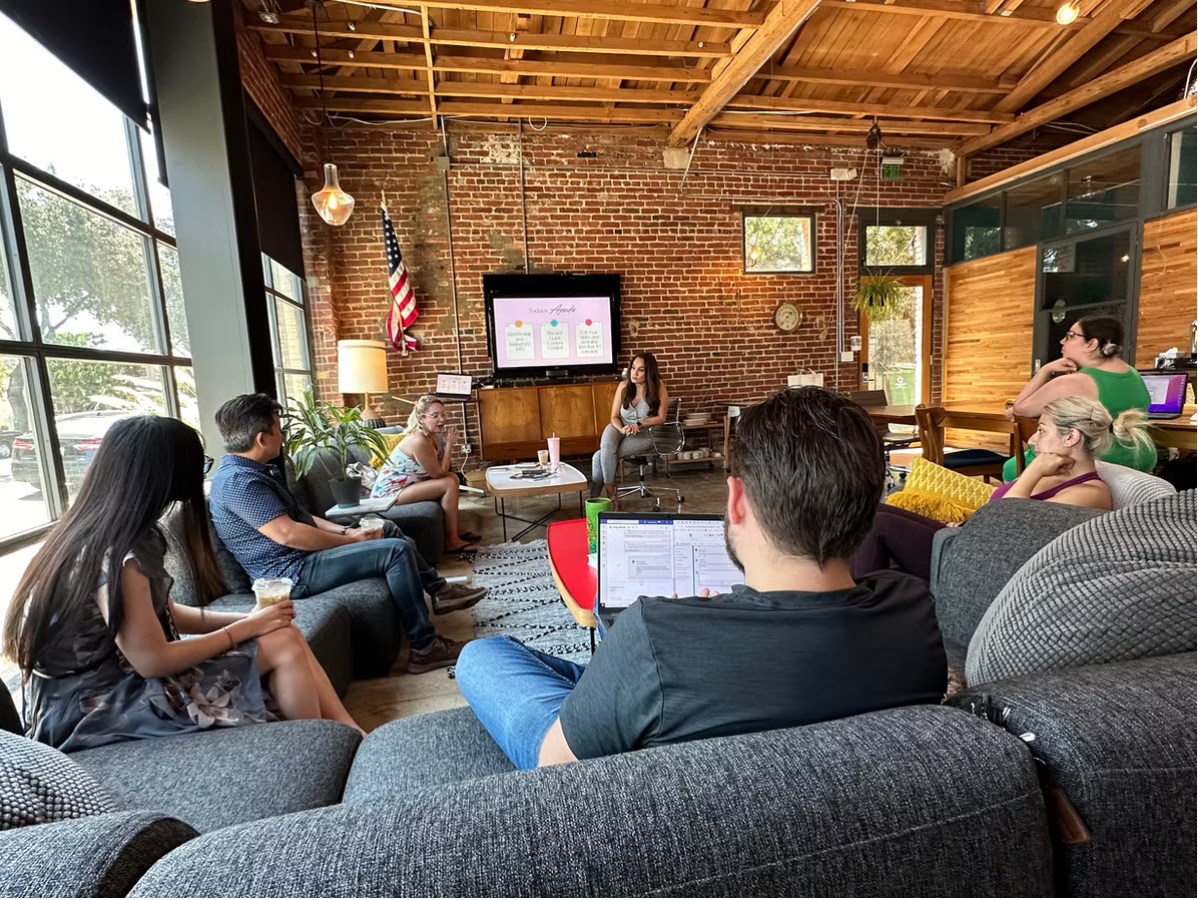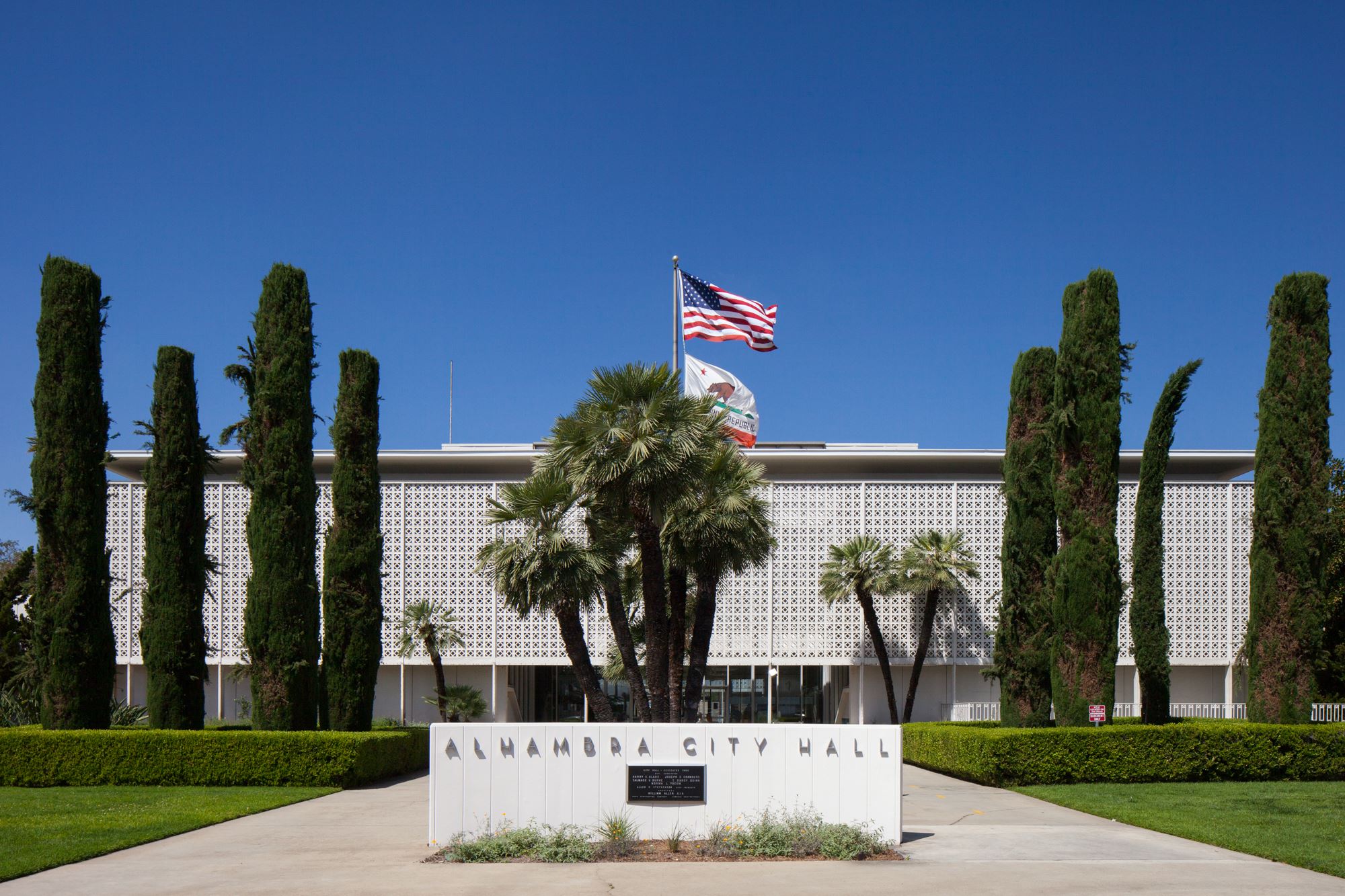Financial literacy is the most important thing they don’t teach you about in school — until now. California recently passed a bill requiring all high schools to offer a personal finance course by the 2027-2028 school year. By 2030, taking this course will become a graduation requirement.
Credit card debt is on the rise, according to data from the Federal Reserve Bank of New York. Housing debts remain as most Americans’ largest debt balances, but the report showed that credit card debt is reaching new heights as Americans now owe a record $1.14 trillion on their credit cards.
There could be a myriad of reasons for this, like “revenge spending” coming out of the Covid pandemic, rising costs of living, inflation, or general financial illiteracy.
Luckily, there are people and organizations who are trying to change this. Rize Credit Union founded the Center for Financial Empowerment in 2005 to bring financial education to underserved and disadvantaged youth in local high schools.
This mission brought Kam Kalantari out of retirement. “I never thought I would come out of retirement, I took retirement really well for six years,” he joked. He was able to retire early — at the age of 40 — thanks to some good investments he’d made in his career.
“I’m not smart, I’m not special,” he said. “I’m an immigrant. My parents came with nothing, they had to give up everything in their country to move to Brooklyn. They didn’t know anything about finance, we weren’t taught anything about it in school. Later in life, at 26, I learned about the power of investing and it worked out.”
He volunteers his time with the Center for Financial Empowerment and works at Rize Credit Union as a Business Development Executive under the Community Development Department teaching financial literacy classes for employees at companies who understand the need for this knowledge. It’s not just about retiring at 40, though.
The most important thing to Kalantari is teaching money management and budgeting. It’s about taking care of both your current and future self. “You deserve care now, you work hard, and you deserve to have a glass of wine after work, but don’t forget that your future self, who’s going to have more responsibilities, needs some care now, too,” he said. “Whatever income you’re making, learn how to budget that really well and get to a place where you have a healthy distribution of caring for yourself today, and today caring for yourself in the future.”
Rize Credit Union was founded in 1952 and focuses not only on being a good credit union and community member, but also on empowering individuals to achieve financial security. As part of its non-profit work, in partnership with LA County, they helped youths in foster care as young as 13 open their first checking and savings accounts without an adult co-signer.
“We have three tenets: knowledge, access, and care,” Rize CEO Jennifer Oliver said in an interview with ABC7. “The knowledge piece, we provide financial tools. We have access, actually giving them a bank account. But then the care is nurturing them along so they can have higher rates of success.”
Every account holder at Rize is assigned a personal relationship manager, which Kalantari thinks is one of the things that reinforces Rize’s mission and sets it apart. Though he adds, “All credit unions are amazing.”
People turn to credit unions for better relationships, higher APYs, and lower interest rates on loans. However, there are drawbacks to being a smaller institution and some have specific membership requirements. It’s a personal choice, but one that you can become more informed on. Rize Credit Union offers educational tools on its website, www.rizecu.com.





